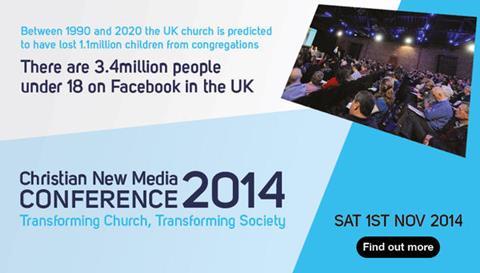
It’s a digital age. Engaging with the digital environment is not optional, especially for most of us in youth work. A recent Childwise report noted that most children don’t focus on how the internet works, but on what it enables them to do – to communicate, to find things out, to play games, to celebrate and have fun. Here are 15 questions for those involved with youth work to consider:
1. Are you familiar with the latest technology that your young people are using? What will they find when they Google your name?
2. Are you having non-judgmental conversations with them about how they are using social media, and giving opportunities to think about how they can use it positively? This is particularly important to help develop a culture in which (cyber)bullying is seen as unacceptable.
3. Can you encourage them to think about what their social media presence may look like to an alien who landed? What values do they want to stand for?
4. Are you aware of the digital access that your young people have? Are there opportunities to help develop their ‘digital literacy’ and their ‘digital citizenship’? Do you have clear policies about what is (not) acceptable to share from sessions?
5. Have you worked with your young people to devise clearly displayed ‘guidelines’ that the entire group can sign up to?
6. Are there discussions between the youth group and the parents to ensure a consistent message is presented to young people?
7. Advice is often given to youth workers to have two Facebook accounts: be aware that if you do this, that Facebook may shut both accounts down.
8. Have you obtained permission from parents for contacting young people via digital or mobile platforms, or using their photos?
9. Are you using clear and unambiguous language in texts or emails, avoiding abbreviations that be misinterpreted, such as LOL, luv and xx?
10. Have you established a curfew for exchanges of messages on social media or via text?
11. If you would have another person in the room in a physical meeting, ensure that you have another person in the online conversation.
12. Save any potentially ‘damaging’ or revelatory emails, and be prepared to grant your manager access to your social networking accounts.
13. Have you developed a policy for dealing with pastoral questions, disclosures and suicidal ‘cries for help’, with an accessible list of contacts for staff?
14. Have you discussed whether a separate mobile device should be used for work, and ensuring that photos of young people are not kept on your phones?
15. If you catch a child ‘sexting’, do not open the phone or forward the image to yourself. Consider getting the parents (or police) involved early.
@drbexl will be running a session at the Christian New Media Conference, 1st November 2014, titled "Digital health check" - http://www.newmediacentreofexcellence.org.uk/cnmac/conference. She has also developed a workshop for youth leaders.
Dr Bex Lewis is a research fellow in social media and Online Learning, CODEC, Durham University, and is the author of Raising Children in a Digital Age (2014)







































